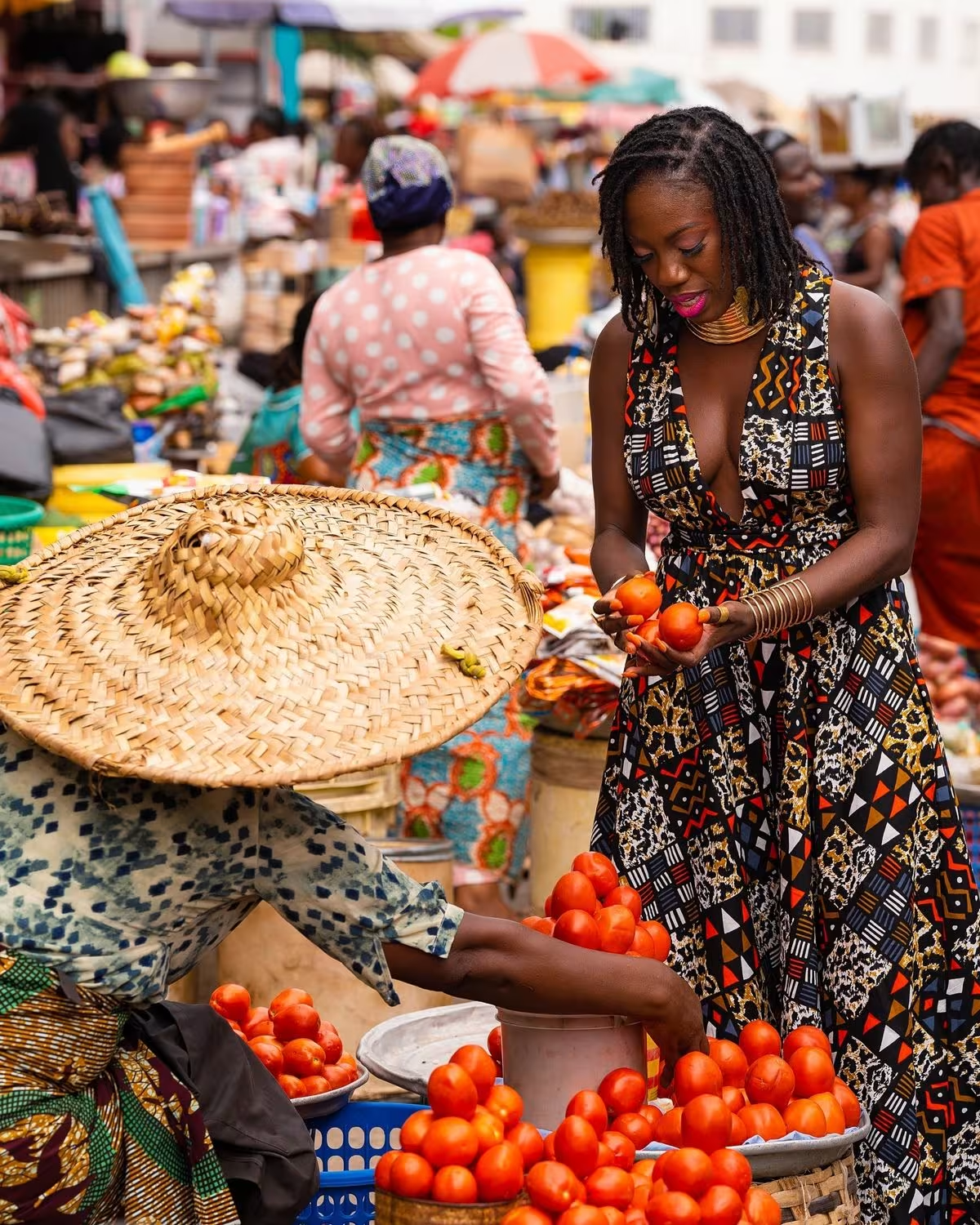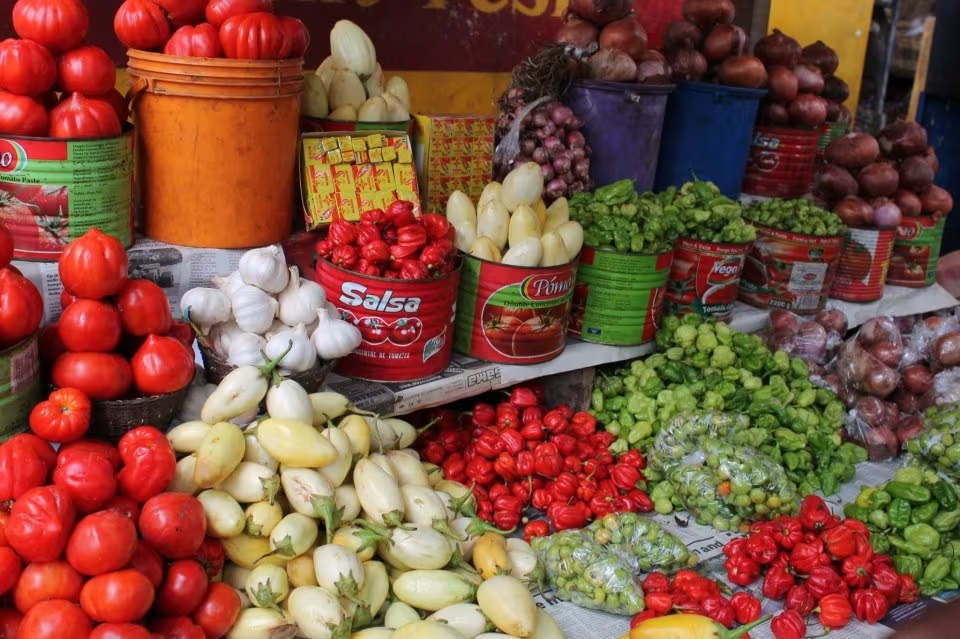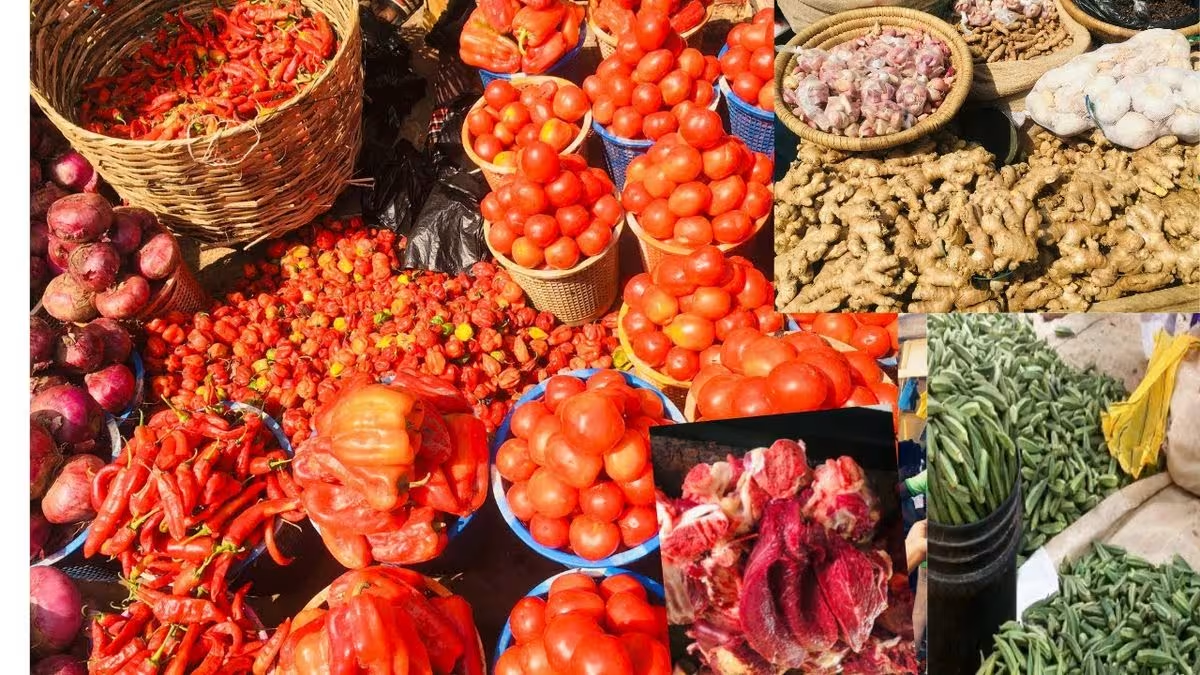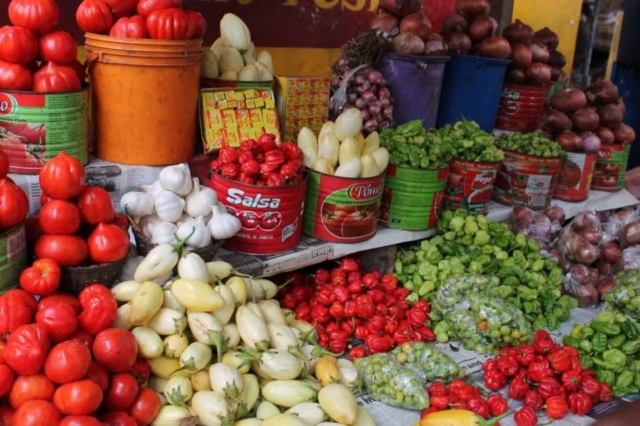Abuja Food Price Update: Rice, Beans, and Tomatoes Offer Relief Amidst Mixed Market Trends.
Food prices in Abuja experienced a mixed but generally relieving trend in September 2025, with major staples like rice, beans, and tomatoes seeing significant price drops. This relief is largely attributed to the start of the harvest season and recent government policies aimed at stabilizing the market.

However, household budgets remain strained as other critical items, most notably onions and meat, continue to face sharp increases.
Price Declines in Key Staples (September 2025)
The most notable decreases were recorded in basic carbohydrates and fresh produce:
The price drops in rice, beans, yams, and tomatoes were confirmed by traders, who largely credited improved supply from northern states as the harvest season gathered momentum.
Items Still Facing Price Surges
While relief came for some, other essential items saw continued inflation, reflecting persistent structural challenges:
Onions: A sack of dry onions sharply rose to N55,000–N60,000, up from N45,000 in July. Traders noted that prices remain unpredictable due to high transport costs and insecurity in farming regions.
Goat Meat: The price of a lap of goat meat rose to N7,500–N13,500, up from the N6,821–N10,000 range in July, driven by increased transportation costs.

Macroeconomic Context and Policy Impact
Experts and market analysts point to the government’s efforts as a contributing factor to the price stabilization:
FX Stability: Experts noted that the relative stability of the foreign exchange (FX) market in recent weeks has helped ease the cost of imported food items (like foreign rice), which indirectly affects local market prices by making importation more predictable.
Inflation Overview
The market movements align with the National Bureau of Statistics (NBS) report for August 2025, which showed the nation’s headline inflation rate eased for the fifth consecutive month, dropping to 20.12%.
Food inflation also saw a significant decline year-on-year, though the NBS noted this was technically due to a change in the base year. The decrease was primarily attributed to the falling prices of staples like various types of rice, maize, millet, and semolina.
Despite the positive trends in staples, consumers in Abuja are still feeling the squeeze, as noted by one shopper:

“Yes, rice and beans are cheaper, but onions and meat are still too high. By the time you combine everything, you still end up spending more.” The overall household food budget remains a top concern.
Join Our Social Media Channels:
WhatsApp: NaijaEyes
Facebook: NaijaEyes
Twitter: NaijaEyes
Instagram: NaijaEyes
TikTok: NaijaEyes





